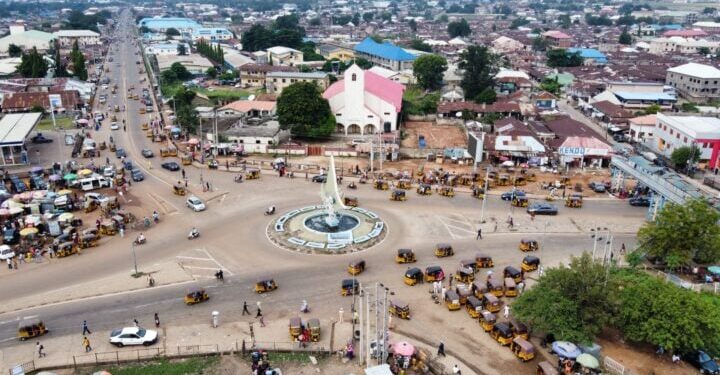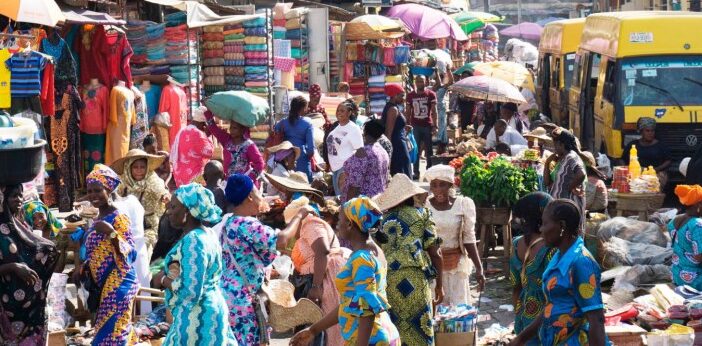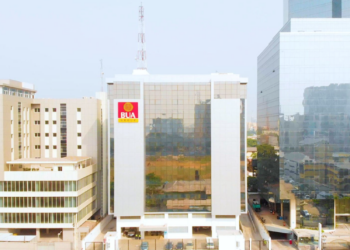In September 2025, the cost of living varied significantly across Nigerian states, with some regions proving far more affordable than others.
Nigeria’s headline inflation rate eased to 18.02% during the month, according to the latest Consumer Price Index (CPI) data released by the National Bureau of Statistics (NBS). Several states recorded inflation rates below the national average, reflecting a slower pace of price increases and greater affordability for residents.
Since March, inflation has been on a steady decline nationwide. However, while some states have benefited from this trend, others continue to struggle with elevated living costs.
The affordability ranking for September is based on headline inflation rates, which measure the year-on-year change in the prices of essential goods and services. States with lower inflation rates typically face less pressure on household budgets and enjoy a more stable cost of living.
Below is the list of the 10 most affordable states to live in Nigeria for September 2025.
Bauchi moved from 5th position in August to 3rd in September in the list of the most affordable states to live in Nigeria.
The state recorded a 12.4% annual inflation rate in the month under review. This is down from the 15.3% reported in August.
The NBS data shows that the state’s food inflation stood at 2.8% in September, which is a significant reduction from the 11.7% recorded in August.
These declines reflect stronger agricultural supply and lower transport costs.
Also, the state has been forthcoming in the release of state grain reserves, which has largely helped stabilize staple prices.
The repairs on the Bauchi–Jos expressway have eased freight delays in recent times. Additional support came from increased sales by community farming cooperatives and the distribution of subsidized fertilizer, both of which boosted affordability across food and non-food categories.
Earlier in June, Nairametrics reported that the Bauchi State Government approved a N45 billion upgrade of its state-owned fertilizer blending plant. The upgrade aims to expand production capacity to 45 tonnes per hour, ensuring greater availability of fertilizer for farmers ahead of the 2025 cropping season.
To further encourage agricultural participation, the state government has also introduced an incentive for civil servants.




















